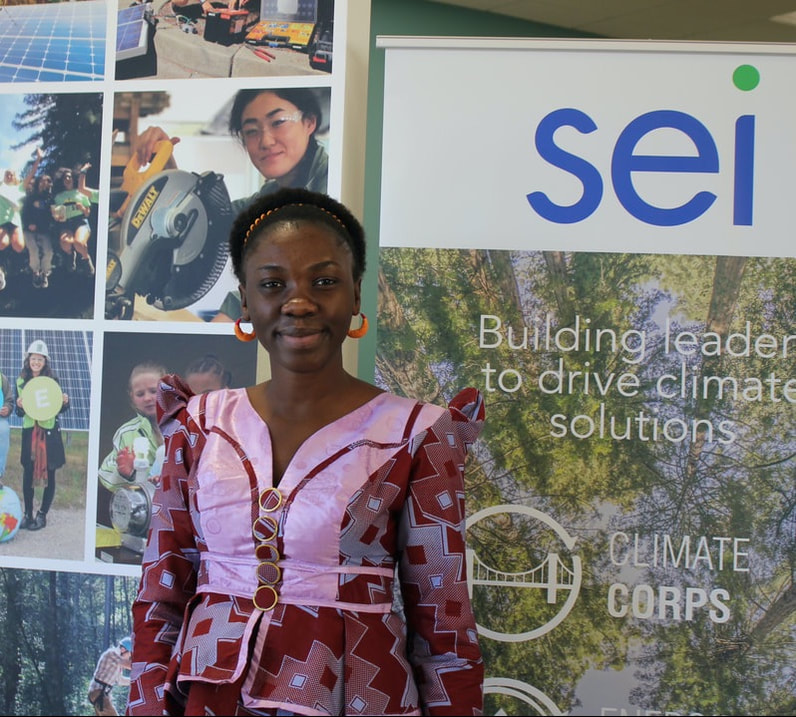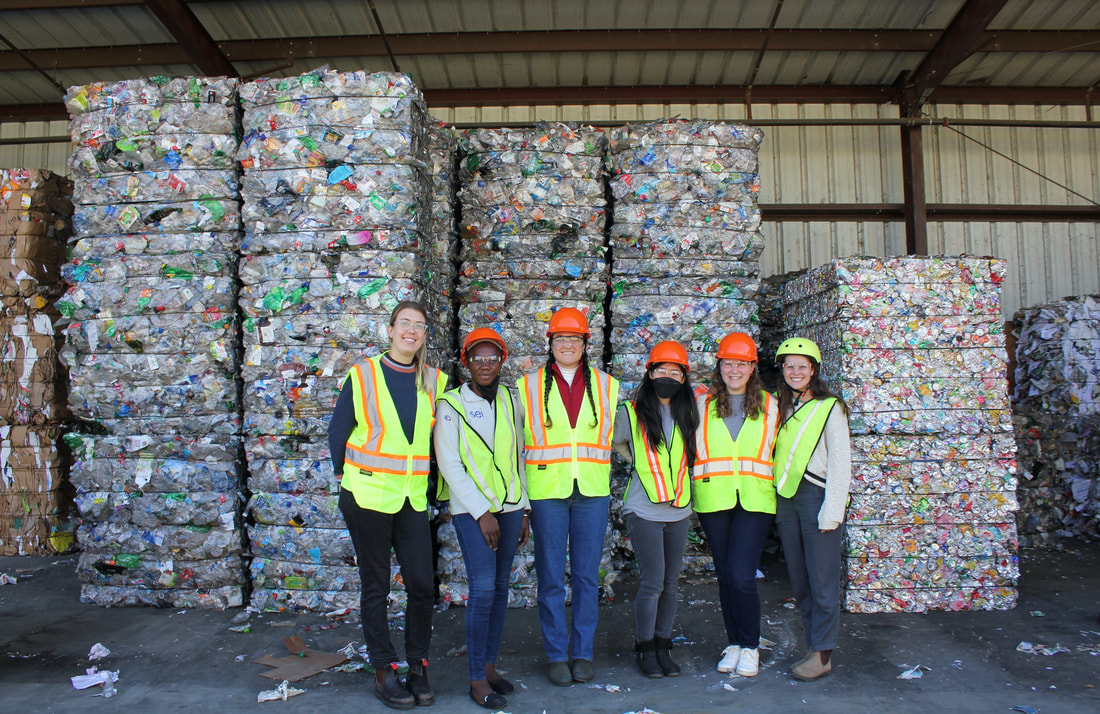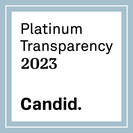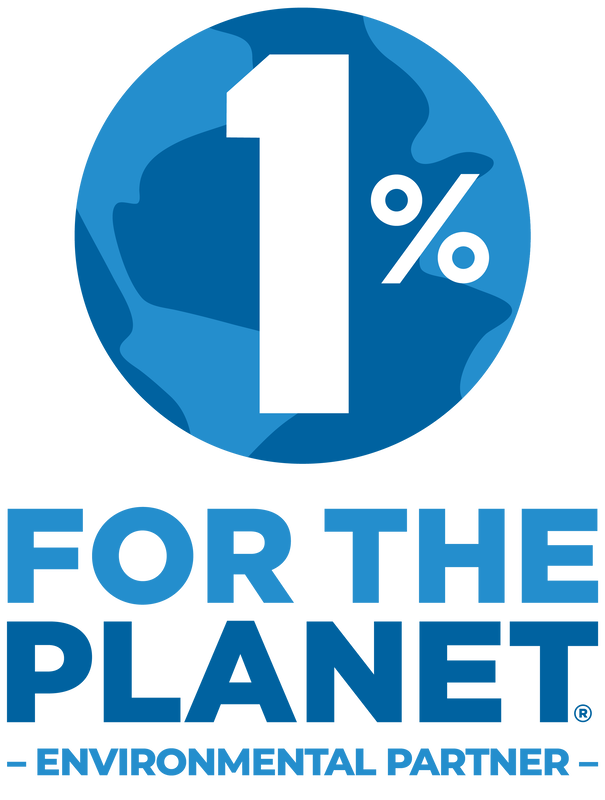|
By Matilda Peck
Let’s start at the beginning. Can you describe your community and your call to action? Yes, hello, my name is Nakani Bagayoko. I live in Mali’s capital city of Bamako, which is one of the most polluted cities in Africa. In my neighborhood, most families are not registered with waste collection services and do not even possess trash bins to properly dispose of their waste. Families dump their waste outside of their homes or burn it in the street. Piles of trash are everywhere. During the rainy season, trash blocks street drainage and causes major flooding. Liquid waste stagnates in the streets from houses’ uncovered sewage and mosquitoes lay eggs in the standing water, causing malaria cases to soar. All of this causes total anarchy. For so many years, I was seeing this disaster and wanting to do something. I was especially concerned about the young people in my community. They have chronic respiratory diseases from burning trash, and get malaria when the streets flood. I don’t think people realize that pollution is not only bad for their health but for the environment and the country’s development. If the young people are sick––if the future of our country is sick––we cannot hope for a better future. I wanted to raise awareness about the dangers of waste, how burning and dumping trash in the streets is hurting our young people. My background is in teaching, but I didn’t know how to educate people about this. How did you step up as a leader to create change? I decided to just start picking up trash. First, on my own street. Then, the next one. My two junior brothers and I started doing weekly clean-ups in my neighborhood, sweeping the streets, picking up trash. We spent some months cleaning at people’s doors. Then one Sunday morning, some other young people came out to join us. That day was very important. In 2018, I started a grassroots organization, Association des Jeunes Patriotes De Niamakoro (AJPDN), to lead community clean-ups. I started AJPDN with thirteen other young people. Our main goal was to address waste pollution through clean-ups. AJPDN was unable to stay active during the COVID-19 pandemic, but I knew it had made a difference. And I still had my goals. I still wanted to organize young people, to educate my community on waste pollution. What inspired you to pursue a CEE-Change Fellowship and come to the United States? I learned about the CEE Fellowship from a friend. I read the first line of the application which asked, “Are you a visionary willing to bring about change in your community? If yes, this fellowship is for you.” This first sentence really called to me. Working on the application, I wasn’t even thinking about whether I’d be selected. I was just writing. I was trying to tell my story. But being selected to be a CEE Fellow was very empowering. It meant that I had made a difference in Mali, and that I could come to the U.S. and work with other people who are passionate about sustainability. I was very excited. Beginning your fellowship, what were you most excited about? Did you have any specific goals? I always thought of the U.S. as a place where people care about the community they’re living in. Especially the young people; they want to make things better. They are empowered. This is what I want for young people in Mali: to be leaders. My goal for the fellowship was to learn about environmental sustainability, most importantly about recycling. Even though I’m a teacher, I didn’t know how to educate youth on sustainability topics. I didn’t know how to build a culture of stewardship. But it starts in schools. It starts with students doing projects to serve their community. I worked on many projects at SEI, mostly doing research on sustainability education. Was there a project you particularly enjoyed or found relevant to your work back home? I liked working on SEI's Zero Waste program, which helps schools implement waste reduction and recycling. Students get to be on “Green Teams” to lead waste sorting and teach their peers about recycling. That's the most important thing I learned at SEI: how to help students make sustainable change in their communities. They can design and organize campaigns. Seeing that they can create change motivates them, and this experience can shape their future career paths. I also learned how important it is for environmental leaders to share the work they’re doing. Sustainability groups and individuals share their stories online. When I return to Mali, the first thing I want to focus on is that: getting the word out. I was not active on online platforms before, so very few people knew about our community clean-ups. I’ve learned that being online is a really good tool for reaching a larger audience, and I’ve created a LinkedIn and Facebook to do that. I want my network to grow, especially in the United States. We are so sad your time at SEI is over, but can't wait to see what you do next! What does the future look like for you?
When I return to Mali, I am most excited about getting people together and sharing what I’ve learned. I want to tell them about service-based learning, and figure out a way to use this framework. Young people learn to be leaders by fulfilling a need in their community, so we need to create this opportunity. My goal is to grow a larger organization which provides environmental leadership training to young people in far-to-reach and remotest places across Mali. This organization will also train the youth in reusing and crafting waste materials as valuable resources while instilling in them a sense of responsibility towards the environment and preparing them to embrace green careers. I am excited to get started! Support Nakani by connecting with her on LinkedIn and Facebook.
0 Comments
Leave a Reply. |
Get In TouchDo you know an environmental leader who should be featured in a story? Reach out to [email protected]. Categories
All
Archives
April 2024
|
Get Involved
|
Contact Us
|
SEI Headquarters
100 Smith Ranch Road, Suite 124 San Rafael, CA 94903 Phone: (415) 507 - 2181 Email: [email protected] States where we work:
Arizona California Colorado Indiana Maryland New Mexico New York New Jersey North Carolina Oregon Washington Virginia |
ConnectSubscribe to the SEI quarterly newsletter to get involved and receive updates
|
SEI is a 501(c)3 nonprofit organization.




 RSS Feed
RSS Feed

